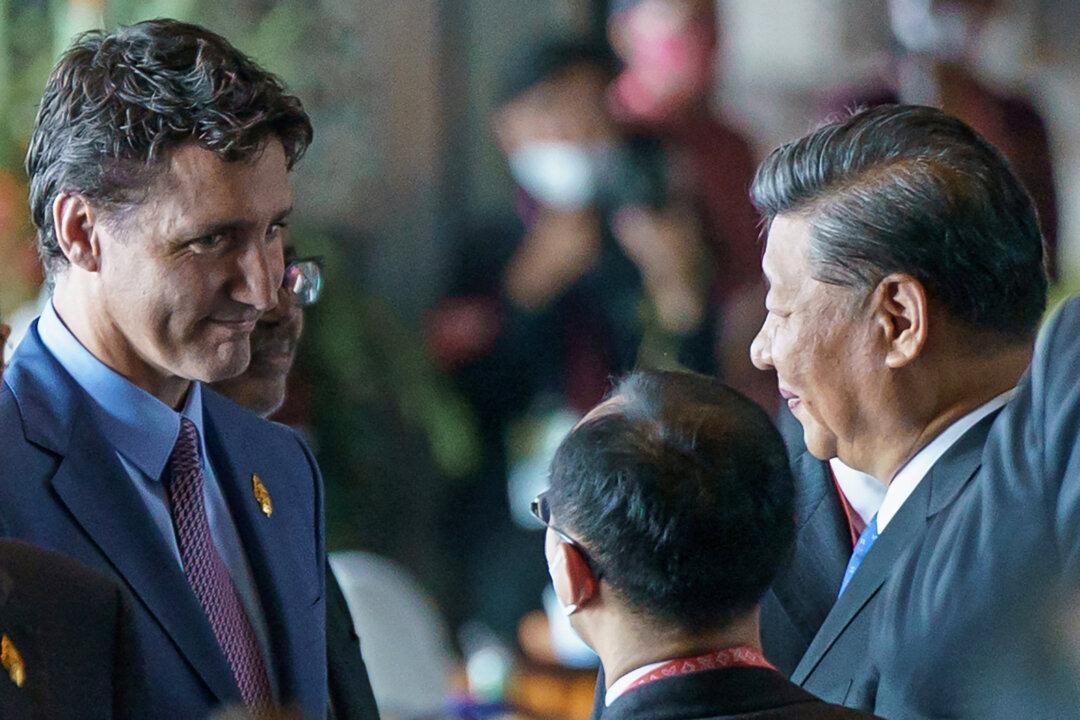Commentary
Canada is in the global spotlight, again. A reporter at the G20 meeting in Bali captured Chinese leader Xi Jinping threatening Canadian Prime Minister Justin Trudeau over leaks of an earlier meeting between the two, in which Trudeau reportedly confronted Xi with intelligence leaks to the media about China’s election interference.





